10 Hilarious Old-School Slang Words That Need a Comeback
Slang says a lot about its time, and some of the funniest phrases from decades past are too good to stay buried. These old-school slangs once filled conversations and TV scripts and were as popular as the Gen Z slang. So why did we trade them for bland buzzwords? It’s time to dig them up and put them back in rotation.
Let’s recall the forgotten-but-fantastic slang words we’d love to see make a comeback.
Baloney
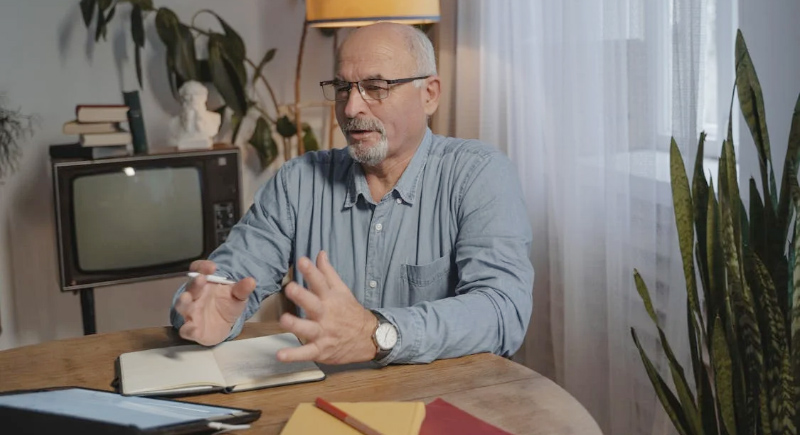
Credit: pexel
Your grandpa didn’t say, “That’s cap.” He called it baloney, and honestly, he had a point. This 1920s classic called out nonsense with a wink instead of a snarl. It came from vaudeville comedy and made its way into daily talk. It’s sharp and safe for all ages.
Zozzled
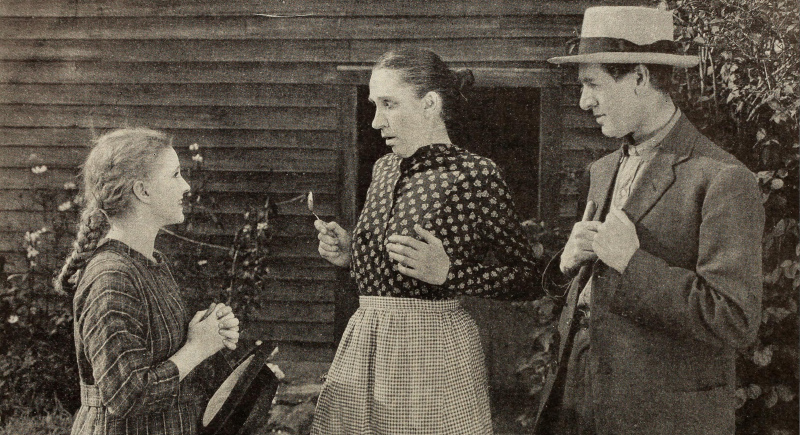
Credit: Wikimedia Commons
This word sounds like cartoon chaos, which is exactly what it implies. If you ever feel “tipsy” sounds boring, try saying you’re zozzled. This over-the-top word came from the Prohibition era when people had to sneak around to drink.
Fuddy-Duddy
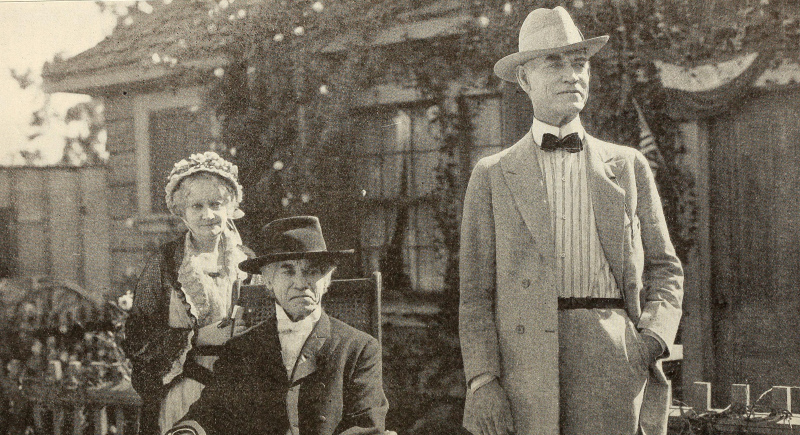
Credit: Wikimedia Commons
Nobody wants to be one, but everyone knows one. A fuddy-duddy avoids change, says “turn that down,” and thinks TikTok is a kind of mint. The word’s been floating around since the 1800s, and it’s perfect for teasing someone who refuses to live in the now—with love, of course.
Giggle Water
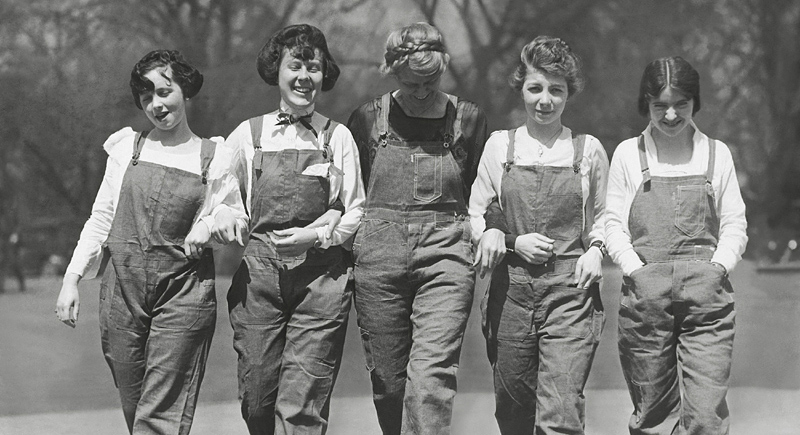
Credit: Wikimedia Commons
It sounds like a child’s drink, but in the 1920s, giggle water meant an intoxicating drink (usually the kind hidden in a teacup). This clever phrase helped flappers and speakeasy regulars talk freely while dodging the law. Say it at your next happy hour and see how many people crack a smile.
Swell
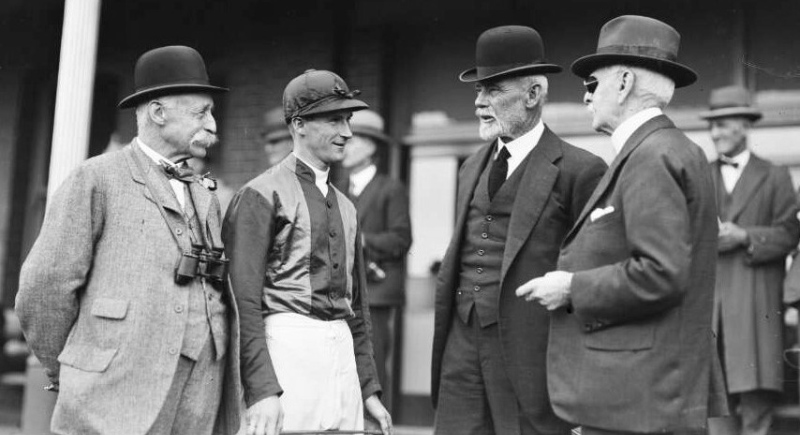
Credit: Wikimedia Commons
Honestly, this slang still works—and your grandma will love you for it. Before everything became “lit” or “dope,” the go-to word for something great was just plain swell. People in the 1930s used it for everything: dates, dresses, even dinner. It was friendly and upbeat, and it never tried too hard.
Applesauce
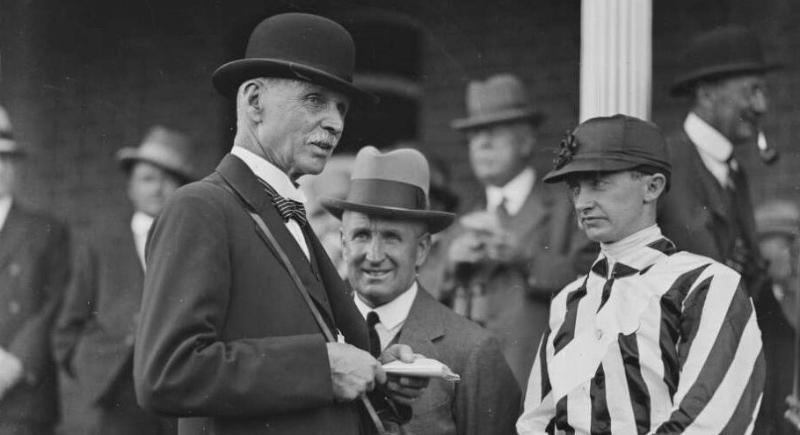
Credit: Wikimedia Commons
This snappy 1920s insult got its start in vaudeville routines. Comedians would use it to shut down flattery, lies, or corny lines. It was quick, clean, and surprisingly cutting. It’s more fun than cursing—and way more original.
Beat Feet
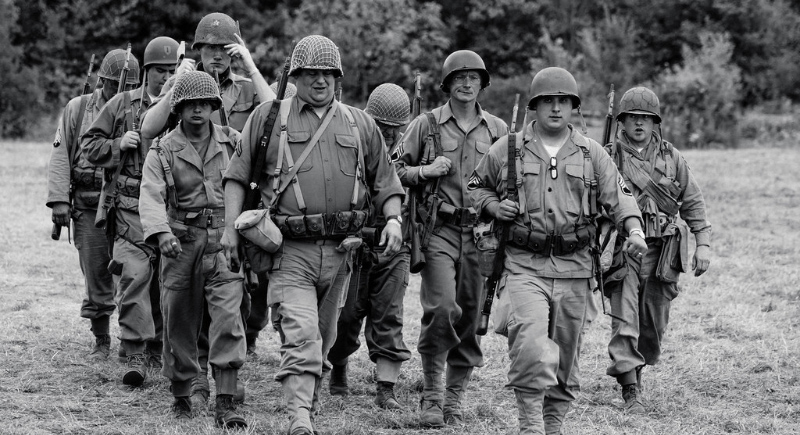
Credit: flickr
If someone shouted beat feet, they weren’t asking you to dance. They meant run—now. Military slang gave us this phrase during World War II, and it quickly made its way into noir films and detective stories. It’s punchy and urgent and honestly way cooler than just yelling, “Let’s bounce!”
Cruisin’ for a Bruisin’
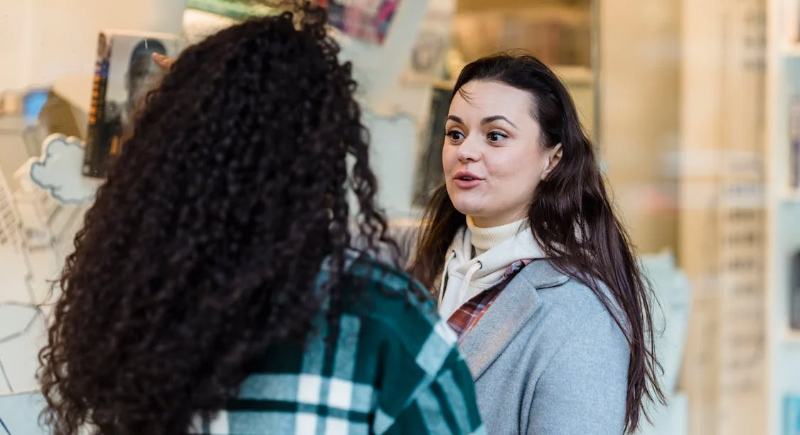
Credit: pexel
Sounds like something a cartoon bully would growl, right? That’s because it practically was. In the 1950s, this phrase showed up everywhere, including teen flicks and comic books. It was part threat, part joke, and all attitude. Today, it works best when you’re mock-scolding someone who’s pushing their luck.
Daddy-O
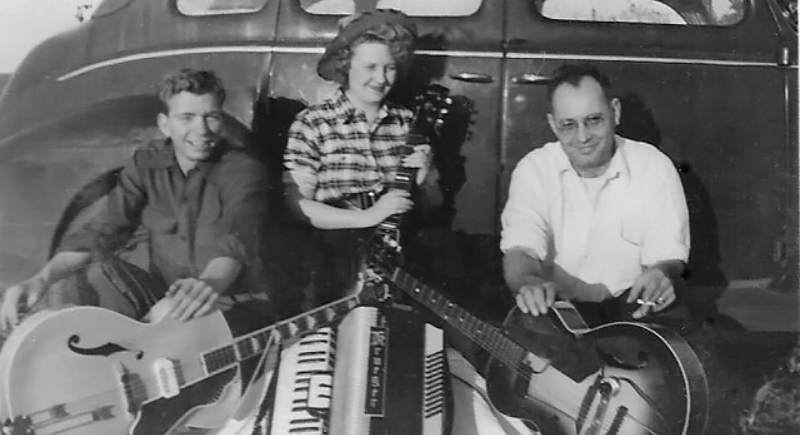
Credit: flickr
Say it today, and you’ll sound retro-cool instead of outdated. You didn’t need to be a dad to earn the title Daddy-O in the 1950s. This cool-cat greeting came out of the jazz scene, where musicians tossed it around like guitar picks. It meant you were in the know.
Gnarly
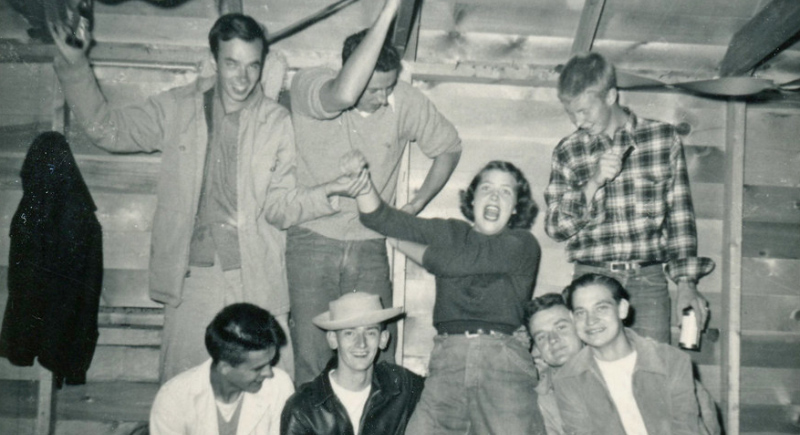
Credit: flickr
In the ‘70s and ‘80s, gnarly became shorthand for anything extreme. A wave could be gnarly. So could a trick, a fall, or even a burrito. It meant wild, rough, or totally amazing, depending on how you said it. Still hits hard.
Hubba Hubba
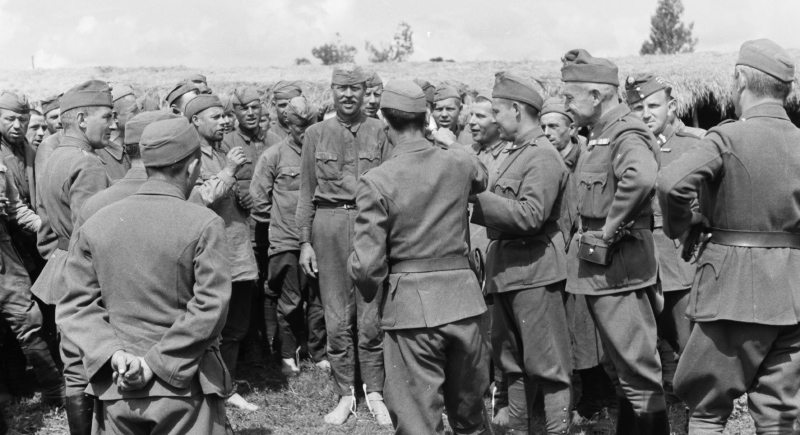
Credit: Wikimedia Commons
Hubba Hubba is the perfect depiction of the original heart-eyes emoji. Soldiers in World War II shouted hubba hubba when someone attractive walked by. It was playful without being creepy, and quickly spread into pop culture. You’ll find it in old comics and early sitcoms too.
The Bee’s Knees
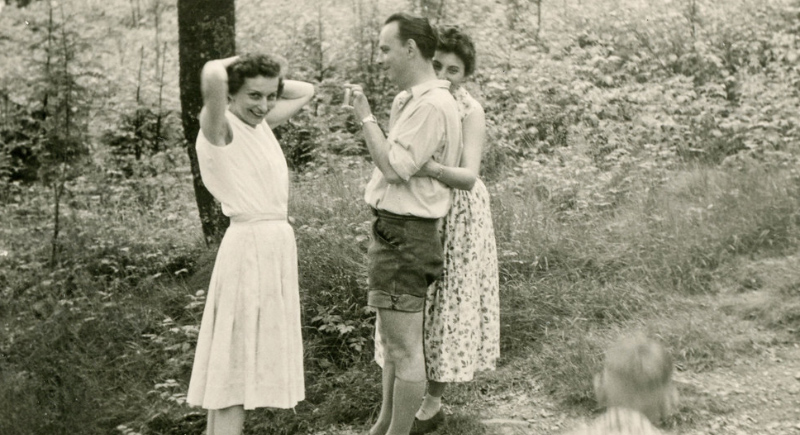
Credit: flickr
No one’s entirely sure what bees’ knees have to do with greatness, but in the 1920s, they meant top-tier everything. The phrase popped up alongside other weird but delightful sayings like “the cat’s pajamas.”
Ragamuffin
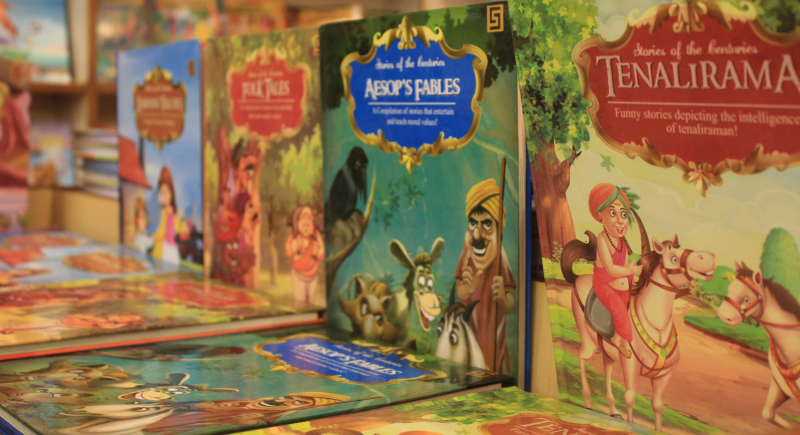
Credit: Wikimedia Commons
Long before “messy” was an aesthetic, there was ragamuffin. It was a word for scrappy kids in mismatched clothes. It comes from 19th-century English, but it stuck around in children’s books and cartoons well into the 20th. It was more like dirt-smudged cheeks and wild hair, not actual judgment.
Clam
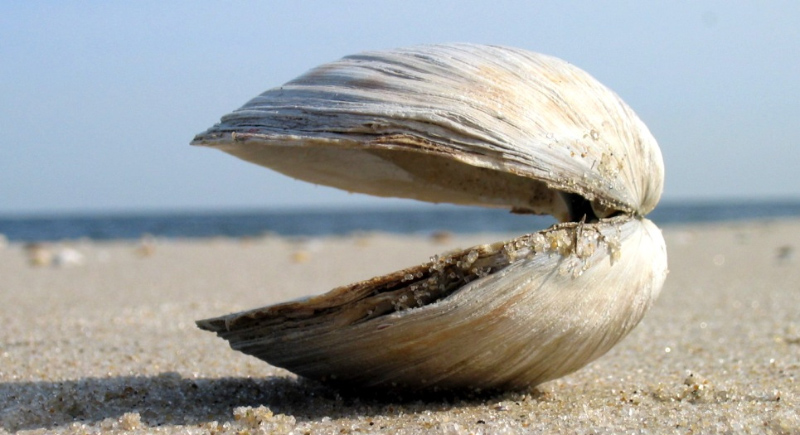
Credit: Wikimedia Commons
This simple yet kind of irrelevant word adds charm to any money talk. But in early American slang, clam meant a dollar. It probably comes from old bartering systems where literal clamshells had value. By the 1920s, people used it casually in conversation.
Skedaddle
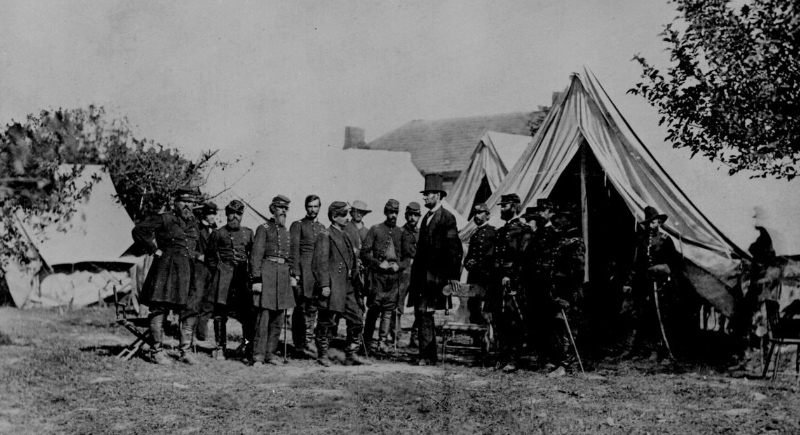
Credit: Wikimedia Commons
Nobody just leaves when they can skedaddle. This zippy word dates back to the Civil War, where it described soldiers retreating in a hurry. It stuck around because it’s fun to say and sounds like pure motion.